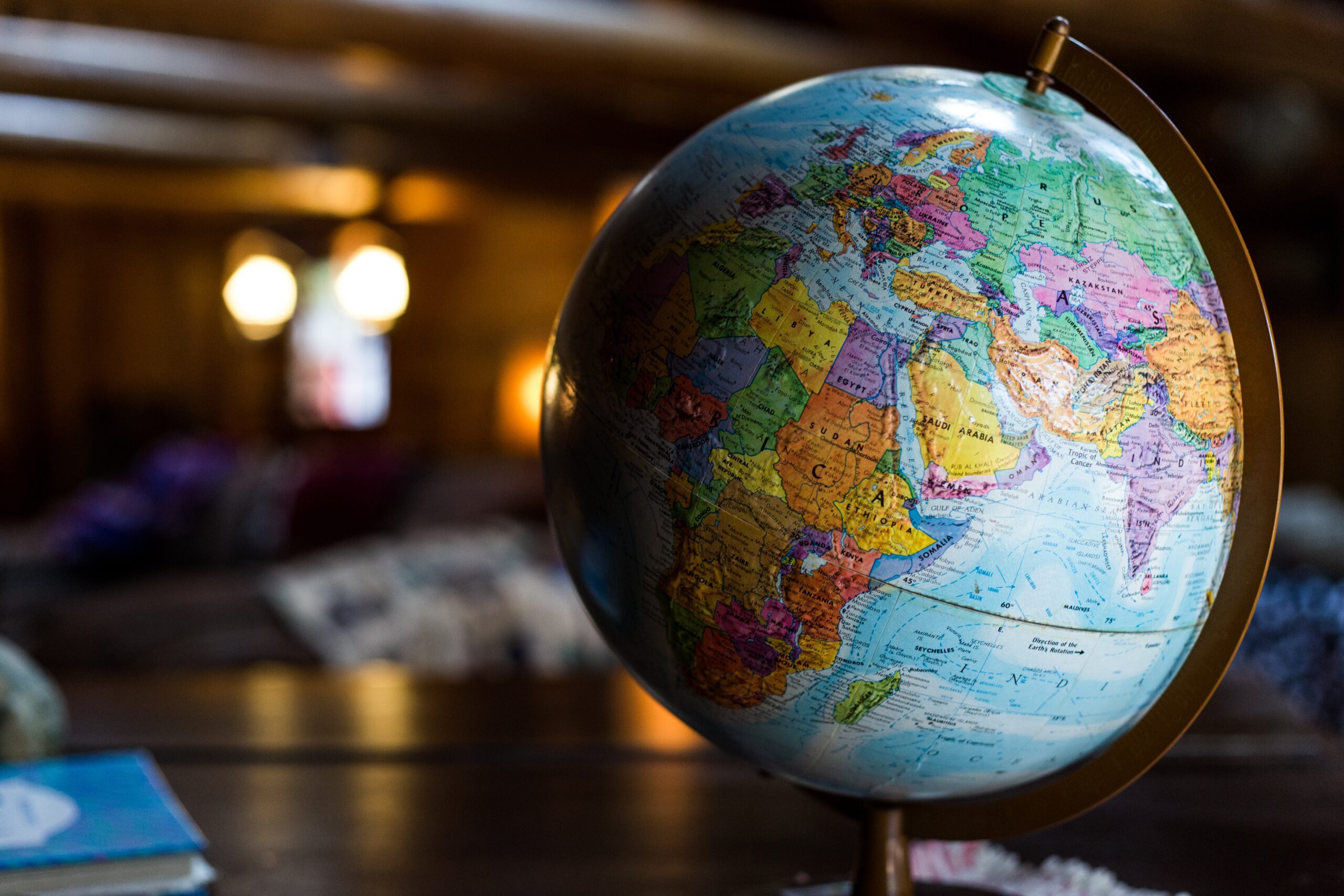There is much in the state of political culture and geopolitics that makes for discouraging expectations of 2024. That is all the more reason to look for some of the points of light.
Half the world is holding elections this year – over a third of Africa’s 55 states are going to the polls – but there are as many authoritarian regimes on the planet as there were three decades back.
That reversion to autocratic rule has accelerated since the pandemic upended international production cycles and trade routes.
African governments are beginning to use the continent’s demographic weight to bolster their demands for policy change and institutional reform.
Now the economies are recovering slowly, but faster than the political systems.
Authoritarian civilian regimes
The soldiers are back in power in seven African states and make two important points: they are no better managers of economies than their civilian counterparts ; and in most cases they are worse at responding to security crises.
That doesn’t mean they’re going anywhere.
In Mali, Burkina Faso and Chad, expect the current juntas to confect some ‘election-like’ processes this year – as promised to the regional organisations – which will see them re-badged and changed into mufti to be presented as running legitimate civilian governments.
Don’t expect mass protests from the weary citizens. Nor will there be moderate complaints from outsiders – because the conversion of military juntas into authoritarian civilian regimes coheres to the international zeitgeist.
From that angle we have entered an age of anxiety, if not full retreat, for democrats and those who are trying to uphold citizens’ rights.
Evidence to support that abounds in Africa’s war zones: Sudan, the Sahelian states, eastern Congo, Ethiopia’s rebellious regions and Somalia.
Yet consider also the head of steam powering the campaigners for political freedoms and economic rights in Africa for the past half-century.
You saw it in the mass protests that led to the overthrow of Omar al-Bashir’s theocracy in Sudan, in the democracy movements that led to the eclipse of military rule a generation ago in West Africa and in the ending of apartheid rule in South Africa.
That those victories were not ineluctably followed by successful open societies, thriving economies and tumbling levels of inequity doesn’t diminish their significance.
Those quests for freedom have not been snuffed out. Instead they are flourishing in different forms: down new economic pathways, in social enterprises and community action.
The authoritarians cannot rest on their laurels. They won’t have it all their own way in quenching the spirit of resistance – which may prove smarter and far more agile than the men with guns.
Geopolitical flux
Outsiders should also draw some lessons from this. The latest geopolitical waves have encouraged new alliances – the BRICS grouping (Brazil, Russia, India, China and South Africa) is far from a harmonious choir singing from the same hymn sheet.
And with the addition of Egypt, Ethiopia, Iran, Saudi Arabia and the United Arab Emirates, it will become even less melodious.
But those 11 countries will represent close to 40% of global income and wield that collective influence to shape trade and international finance rules – whether the West likes it or not.
It’s good for Africa that it now has three seats at that table and it won’t be long before Nigeria, as Africa’s biggest economy, joins them.
There are other lessons for Western officials to draw from this diplomatic reordering.
African governments are beginning to use the continent’s demographic weight to bolster their demands for policy change and institutional reform.
Two recent examples stand out. In November, Nigeria’s ambassador to the United Nations (UN) proposed that the authority of the Organization for Economic Cooperation and Development (OECD) to set international rules on taxation and illicit financial flows be transferred to the UN General Assembly.
He was opposed tooth and nail by the European Union, Britain and the United States who preferred the authority on tax rules to stay with the rich economies’ club in the OECD.
The UN General Assembly thought otherwise. Nigeria’s proposal passed with 125 votes. Much negotiation lies ahead, but it is an important marker of how power can be wielded in the geopolitical flux.
Upping the ante
South Africa’s request to the International Court of Justice to prevent Israel from committing acts of genocide in Gaza – calling on Israel to end the bombing of the Palestinian territory – is another such test of geopolitical alignment: the West versus the rest.
This time Israel is upping the ante by defending itself at the UN court – instead of simply staying aloof like Myanmar and other states accused of war crimes.
That both Israel and South Africa are signatories of the genocide convention will make it harder for the ICJ’s ruling – whatever it may be – to be brushed aside.
The ICJ’s first hearing on the case will be in the Hague on 11 and 12 January – and it could make a provisional ruling within weeks.
And the ICJ will be considering the merits of South Africa’s application just a few months after the UN General Assembly voted in favour of a ceasefire in the Israel-Gaza war – with only Israel and the US voting against.
Patrick Smith is the Editor-in-Chief of The Africa Report.
Article first appeared in The Africa Report.
Photo by Kyle Glenn via Unsplash.

